
WARNING! This article contains spoilers for the upcoming film, Wicked: For Good.
Since its release in 1939, The Wizard of Oz has remained a beloved classic, and its story continues to captivate audiences. Now, as the final installment of the Wicked movie series, Wicked: For Good, approaches, fans who love the Broadway soundtrack are eagerly awaiting the chance to hear Act II’s songs on the big screen. The film will explore the fallout from Elphaba’s decision to defy the Wizard and Madame Morrible, leading to her being labeled the Wicked Witch of the West, and also Glinda’s internal conflict as she questions where her true allegiances lie. Along with the iconic songs from the stage production, Wicked: For Good will feature two brand new musical numbers—one for Elphaba and one for Glinda. The excitement isn’t just about seeing the talented leads perform; fans are also intrigued by how the songs will be presented in the film, especially with the promise of new material and unexpected changes to the story.
Get ready for a ranking of the most anticipated songs, from powerful ballads to heartwarming collaborations – the countdown starts now!
10) There’s No Place Like Home

Director John M. Chu has announced that the upcoming film, Wicked: For Good, will feature two new songs by Stephen Schwartz, who wrote the music for the original Broadway show. One of these songs, There’s No Place Like Home, is a solo performance by Elphaba that will reveal her deep sadness as she faces hardship and loss. The song is expected to take place during a time when Elphaba is alone, offering a stark contrast to Glinda’s public image of happiness and success.
Not much is known about the song, but it seems it will explore Elphaba’s deep sadness and her desire to belong and find a place to call home. It’s likely to be a touching, intimate scene that helps the audience understand her inner turmoil and depression before the movie reaches its most exciting part.
9) I’m Not That Girl (Reprise)
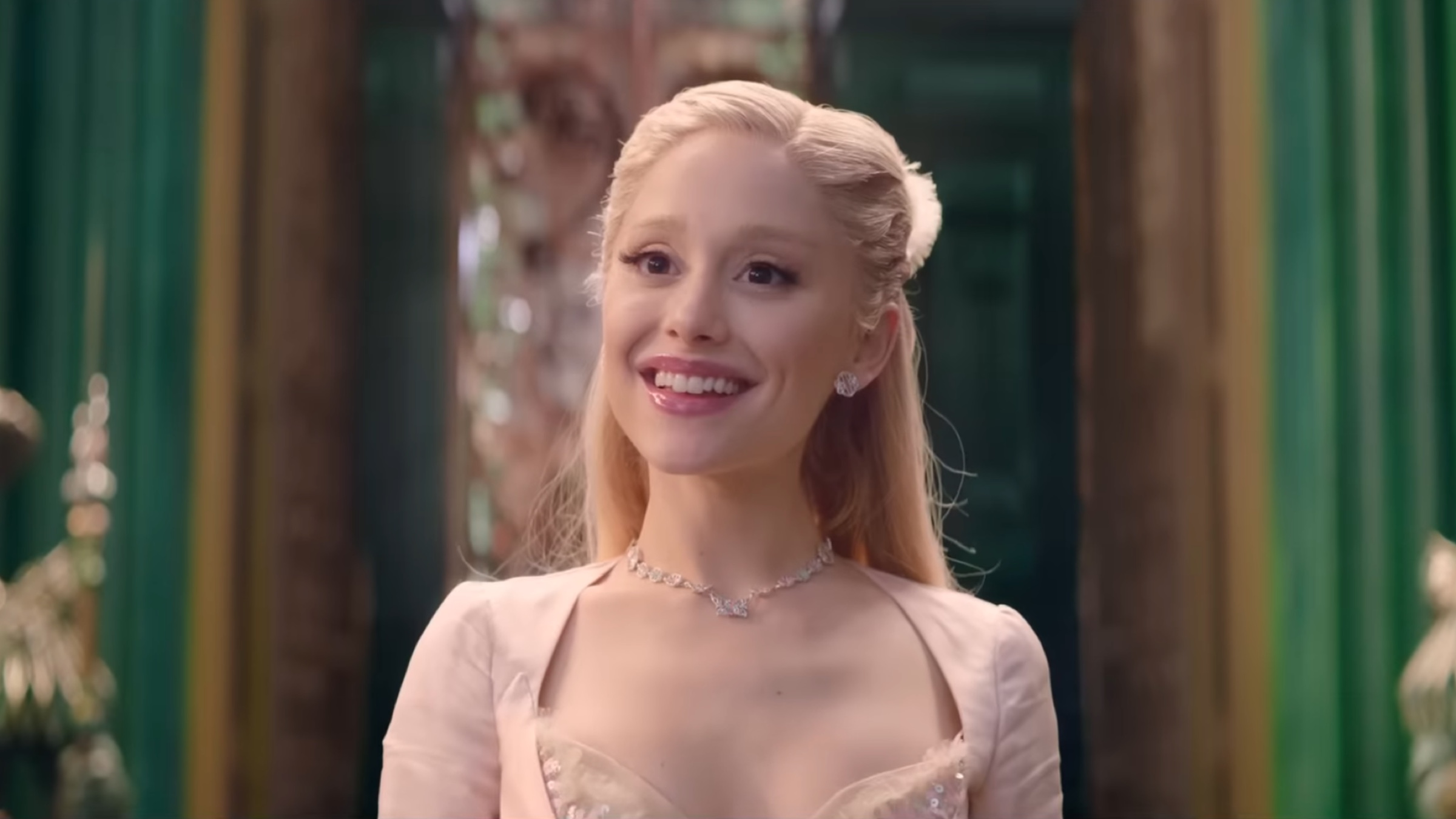
This moment is a particularly sad and introspective one for Glinda. She’s just realized she’s been used for propaganda and that Fiyero no longer loves her, as he’s chosen someone else. The song’s focus now shifts from Elphaba’s heartbreak to Glinda’s, reversing their roles – for the first time, Glinda is the one Fiyero favors, not Elphaba.
This song captures Glinda’s sadness over the things she gave up to achieve her dream of popularity, and for the first time, she’s able to see things from another person’s point of view. It’s a subtle but powerful moment that shows how much she’s grown beyond being shallow and focused only on herself.
8) No One Mourns the Wicked (Reprise)
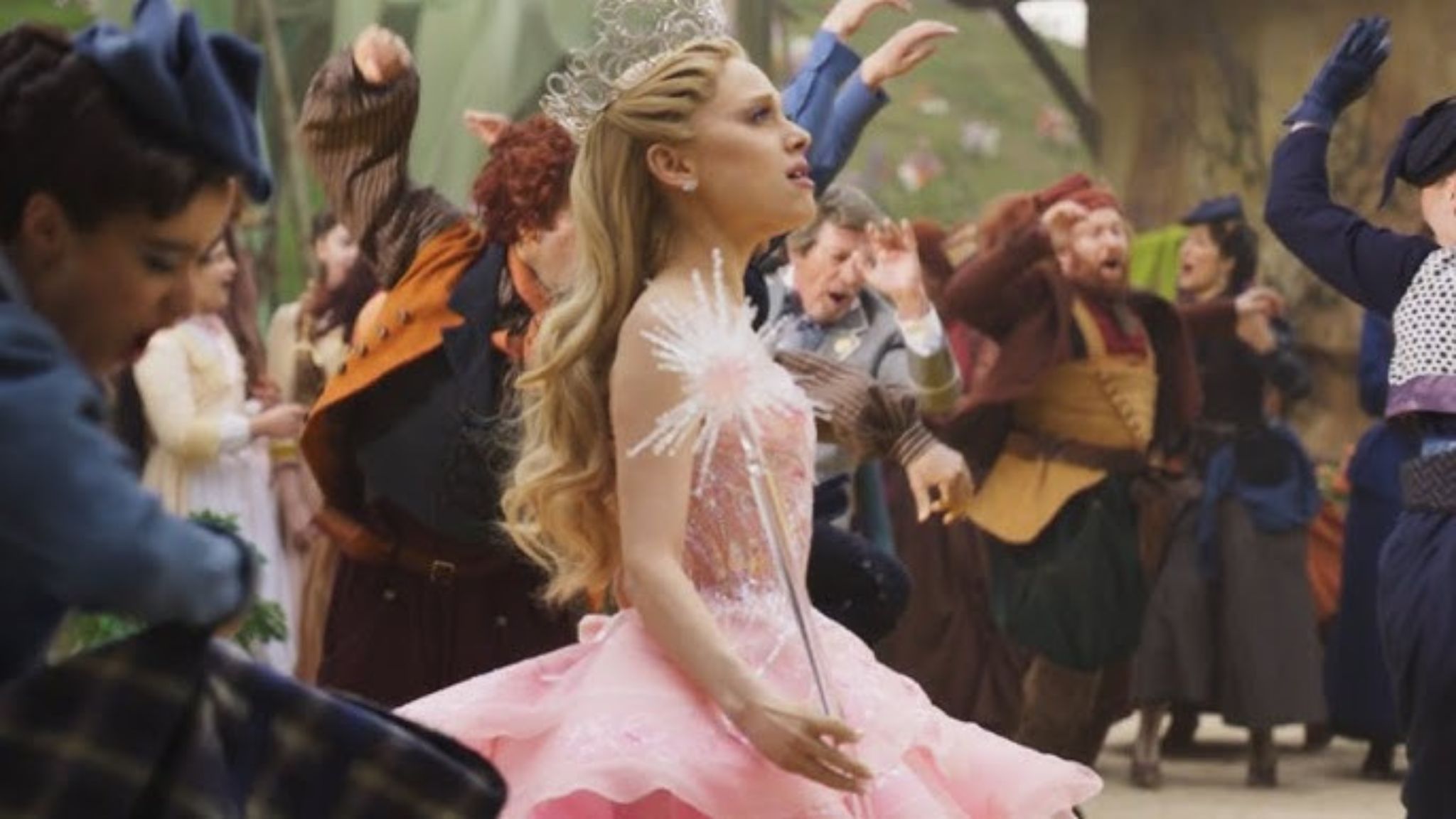
From the very first notes of the second act’s opening, you immediately feel a sense of dread – it’s clear things are about to get really dangerous. It hits you that the story isn’t about Elphaba and Glinda’s friendship anymore; it’s about what happens when someone is branded as ‘wicked’ and the serious consequences that follow. It’s a total shift in tone, and a brilliantly chilling one at that.
As a movie fan, I immediately knew this scene was key. It’s a short moment, but it nails the film’s overall vibe, really making you feel the fear Elphaba experiences and how quickly the crowd turns against her. It’s brilliant how it shows the stark difference between Glinda being adored and Elphaba becoming infamous – it instantly sets up their completely opposite paths for the rest of the story, and you, as the audience, just get it.
7) Thank Goodness
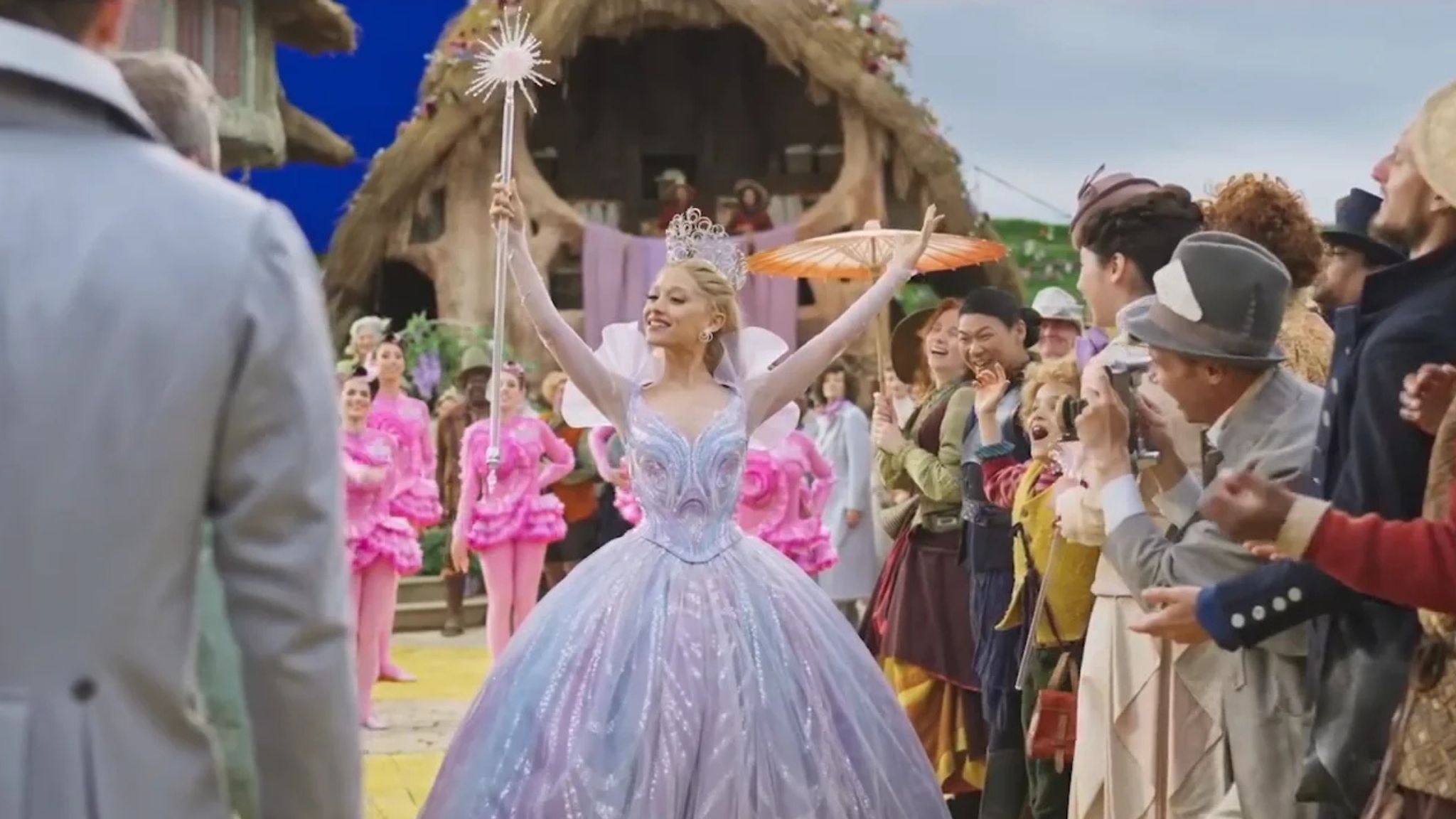
This song starts the second act and showcases Glinda’s public image – a joyful announcement of her engagement to Fiyero and all her achievements. However, beneath the surface, she’s actually very unhappy. It’s a dramatically ironic moment because she’s presenting a picture of a “perfect” life while secretly heartbroken over losing Elphaba and compromised by the corrupt government she now supports to protect herself.
The song highlights the difference between Glinda’s seemingly perfect exterior and the sadness she hides inside. It’s a crucial performance for Ariana Grande, requiring her to convincingly portray both confident showmanship and hidden emotional pain.
6) The Girl in the Bubble
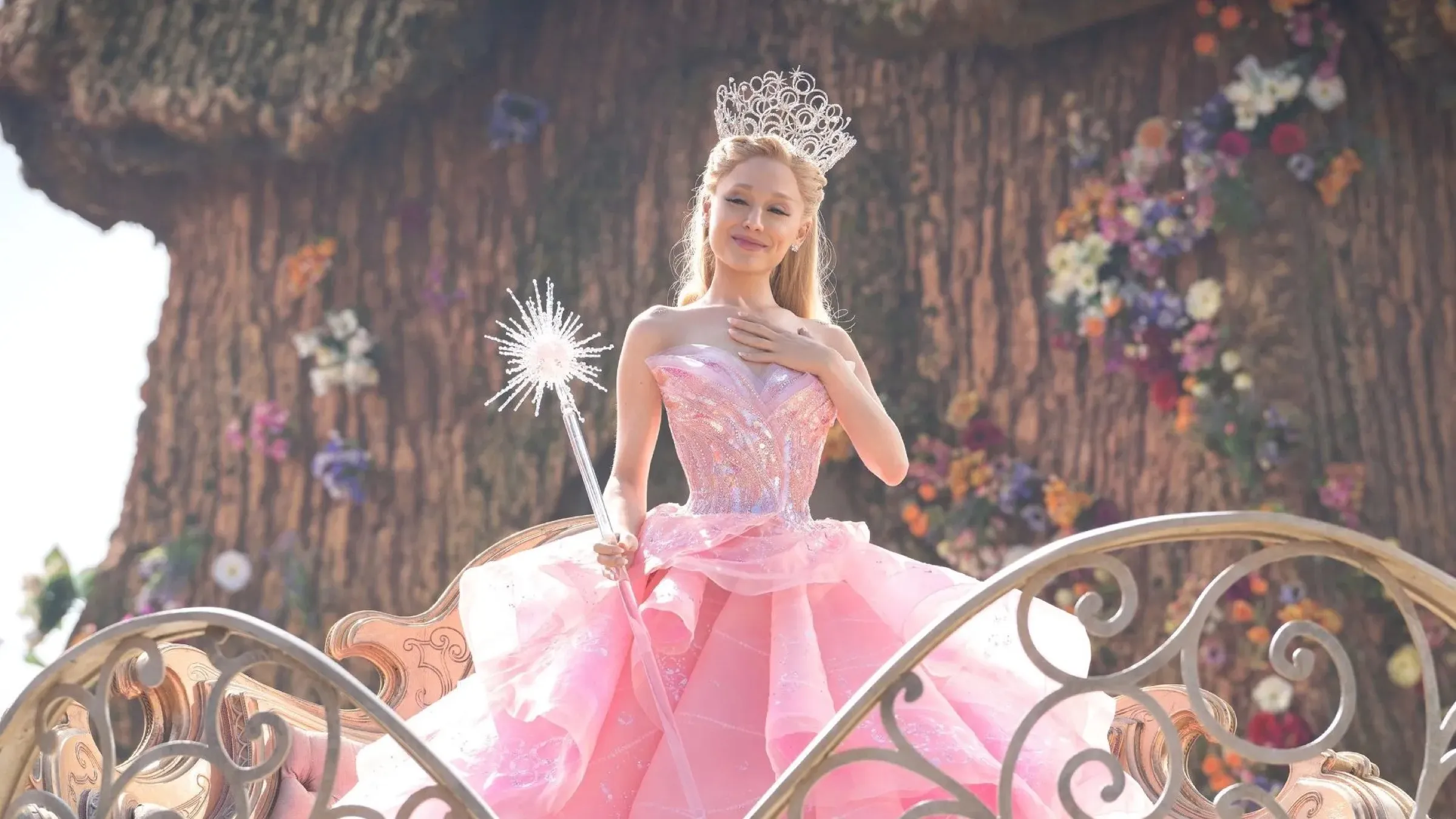
Glinda gets a second featured song that delves into her personal thoughts and feelings as her seemingly perfect life starts to fall apart due to the consequences of her decisions. The song’s title isn’t just about the bubble she travels in; it symbolizes her sheltered and exclusive life, and the ways she’s convinced herself of things to thrive in the competitive environment of the Emerald City.
Viewers are really looking forward to this pivotal scene, which promises to delve into the character’s feelings of regret and her yearning for Elphaba. It will also showcase her inner conflict between staying loyal to the Wizard and doing what she knows is right. This is a chance for Glinda to sing a powerfully emotional solo, revealing the depth beneath her usually cheerful exterior and exploring her complicated feelings.
5) March of the Witch Hunters

This song captures a thrilling and tense moment when everyone in Oz turns against Elphaba, fueled by fear and manipulation from the Wizard. The Tin Man leads the charge in Munchkinland, with a hidden motive. It’s more than just a pursuit; the song explores how quickly a crowd can be swayed and how easily someone seen as a hero can be branded a villain.
The film could create a breathtaking and expansive scene by showcasing the vast Australian landscape during the chase, highlighting both the speed and the immense scale of the search. The tension of a community turning against someone who is secretly a hero will be a dramatic and visually stunning moment, ultimately connecting to the film’s final showdown.
4) Wonderful
Changing the traditional solo performance for the Wizard to include Glinda is an interesting decision with significant effects. The short clips we’ve seen show Glinda observing Elphaba’s upsetting encounter with the Wizard, making her realize the truth about the man she once looked up to.
This change significantly increases the pressure on Glinda, either making her part of the deceit or forcing her to witness it, which quickly intensifies her internal struggle. It’s also possible Glinda has been manipulated by the Wizard and genuinely believes she’s helping by trying to bring Elphaba back. Seeing Glinda realize the man she admires is a fake, and that her friend was correct all along, will likely be a powerful and memorable scene.
3) As Long as You’re Mine

Fans often love the story of a forbidden romance, and the connection between Elphaba and Fiyero is particularly passionate and secretive. The movie needs to convincingly show how strong their feelings are in one key scene, making it understandable why Elphaba would risk everything for love, considering her past loneliness and what people think of her.
Everyone is eager to see how director Jon M. Chu will portray the tender and escapist moment in the upcoming, darker second film. The song As Long as You’re Mine offers a brief, lovely respite from the turmoil happening in Oz. To make this fleeting romance feel meaningful, the connection between Cynthia Erivo and Jonathan Bailey needs to be incredibly strong, considering the heartbreaking sacrifices Fiyero and Elphaba make.
2) For Good
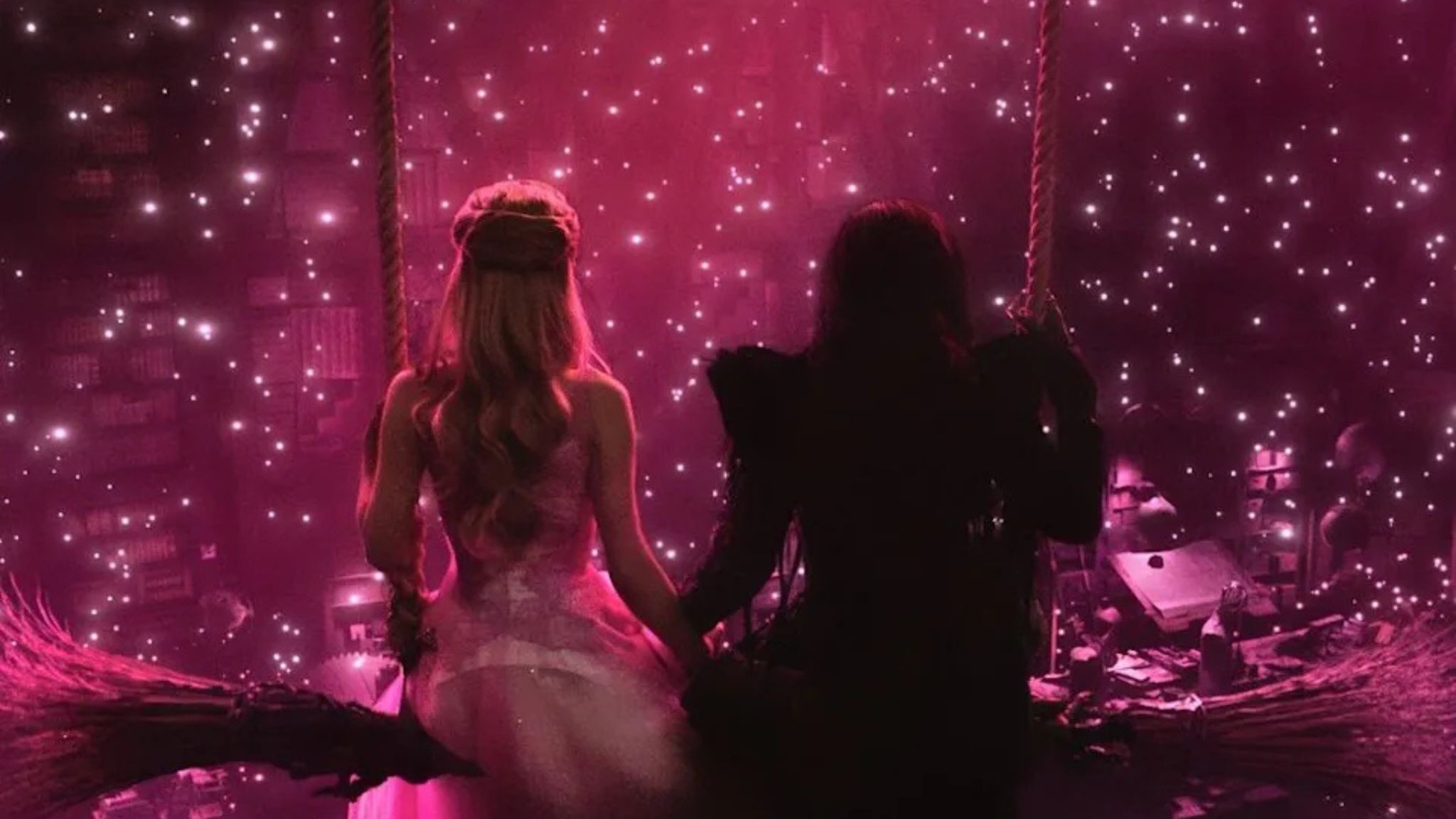
This duet is the heart of the musical Wicked, perfectly capturing the complex and transformative friendship between Elphaba and Glinda. Coming right before the story’s climax, it’s a powerfully moving moment where they both recognize the positive impact they’ve had on each other, even though they are destined to go their separate ways in a heartbreaking finale.
‘For Good’ isn’t just a scene; it’s the pivotal moment fans have anticipated—a deeply moving goodbye that perfectly embodies the story’s main idea: the people we meet leave a lasting impact on our lives.
1) No Good Deed
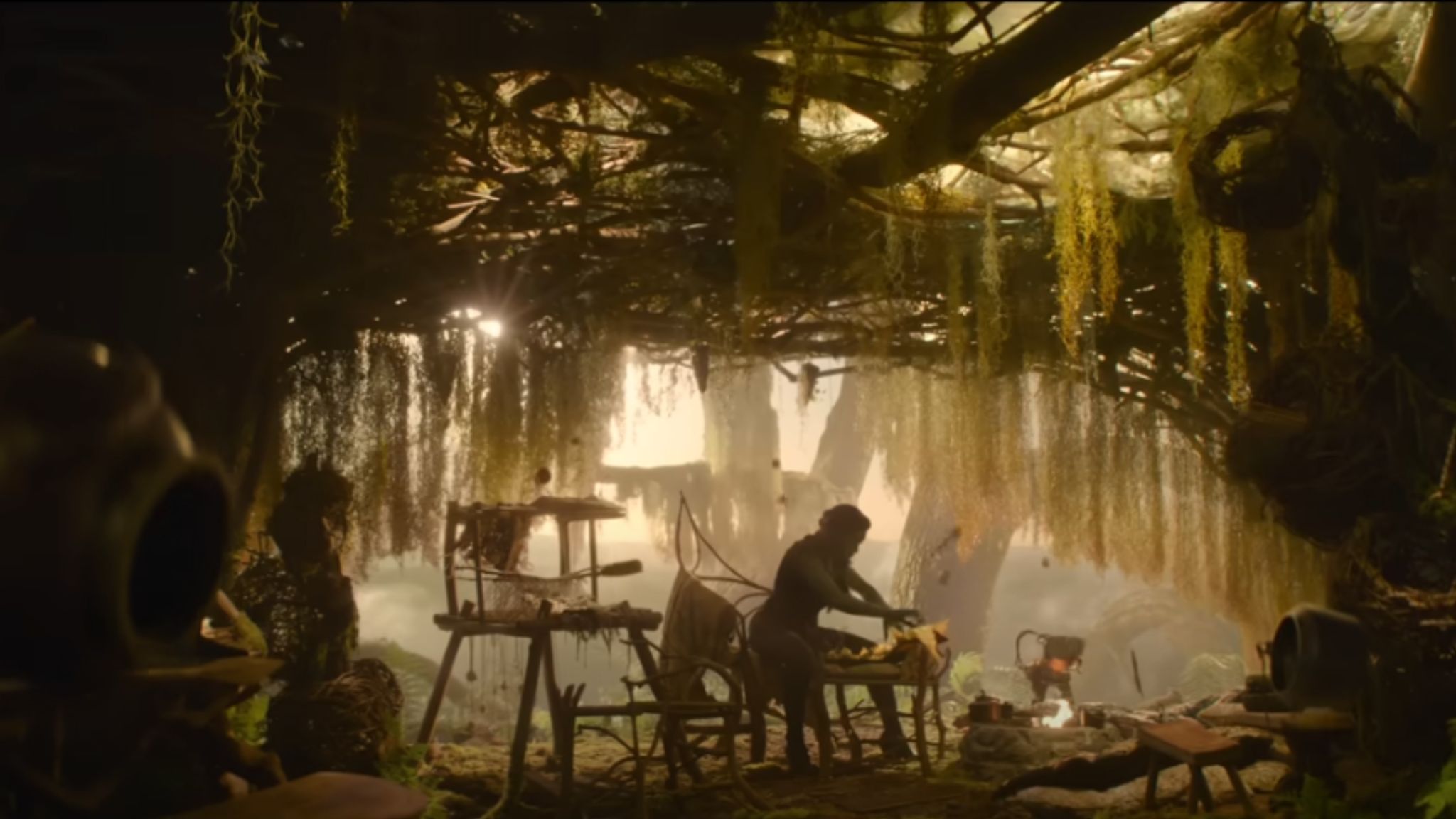
“No Good Deed” is the powerful, emotional high point of the two-part movie. It’s the moment when Elphaba, feeling betrayed and desperate, fully embraces her abilities and declares war on a world that has wronged her. The song is incredibly dramatic and requires amazing vocals, making it the most eagerly awaited performance and the definitive birth of the Wicked Witch of the West.
Most Broadway enthusiasts consider Jessica Vosk’s rendition of this song – and her portrayal of Elphaba – to be the definitive one (if you haven’t heard her sing “No Good Deed,” it’s highly recommended). Idina Menzel and Shoshana Bean have also delivered stunning performances, creating a very high standard for Cynthia Erivo to meet. The song is central to the story of For Good, showing Elphaba’s journey from an outcast to the infamous Wicked Witch. The visuals and special effects are just as important as the singing and acting, emphasizing the intense anger and sadness that lead Elphaba to accept her villainous image.
What part of Wicked: For Good are you most excited to listen to? Share your thoughts in the comments and join the discussion on the ComicBook Forum!
Read More
- Survivor’s Colby Donaldson Admits He Almost Backed Out of Season 50
- Gold Rate Forecast
- Where Winds Meet: How To Defeat Shadow Puppeteer (Boss Guide)
- Best Controller Settings for ARC Raiders
- How to Build a Waterfall in Enshrouded
- The Sci-Fi Thriller That Stephen King Called ‘Painful To Watch’ Just Joined Paramount+
- Battlefield Just Made a Change That Will Make Rush & Breakthrough Easier for Attackers
- Hazbin Hotel season 3 release date speculation and latest news
- MOUSE: P.I. for Hire delayed to early 2026
- Samson: A Tyndalston Story Studio Wants Players to Learn Street Names, Manage Hour-to-Hour Pressure
2025-11-19 05:12